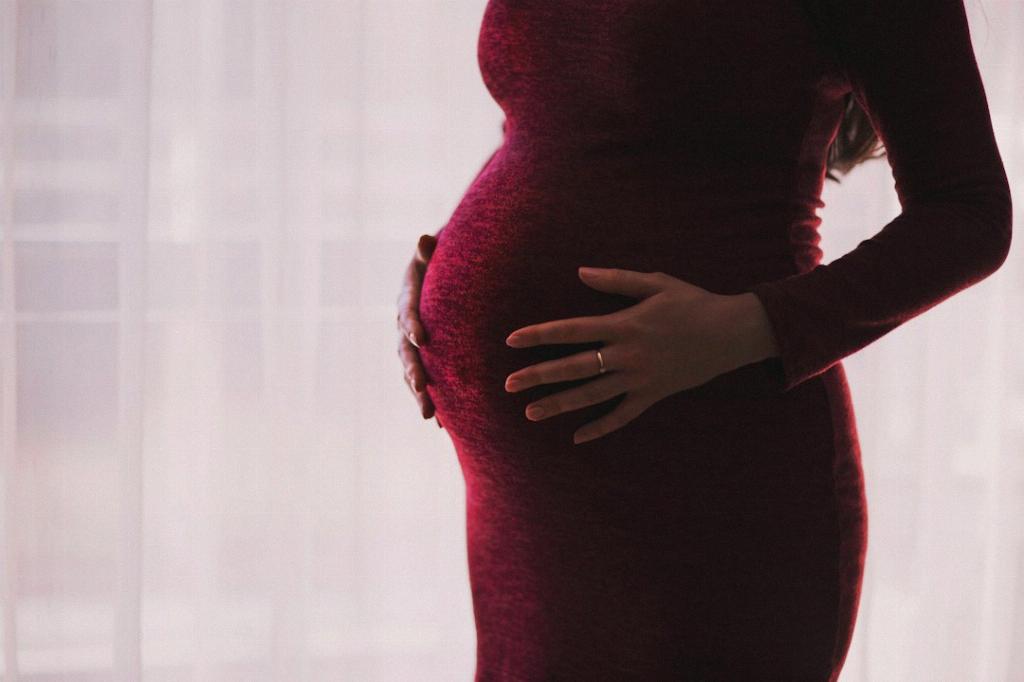Many women wonder about the timeline of pregnancy symptoms and when they can expect to see the first signs. According to a study published in the Journal of Clinical Epidemiology, the majority of women begin to experience pregnancy symptoms as early as the fifth or sixth week of pregnancy.
The study revealed that by the end of the sixth week of pregnancy, around 71 percent of women reported experiencing symptoms. By week eight, this number increased to 89 percent, indicating that the vast majority of women have symptoms by this point in their pregnancy.
It’s important to note that every woman’s experience with pregnancy symptoms can vary. Some women may notice signs of pregnancy earlier than others, while some may not experience symptoms until later in their first trimester. This variability is normal and does not necessarily indicate any issues with the pregnancy.
Early signs of pregnancy can include fatigue, nausea, breast tenderness, frequent urination, and food cravings or aversions. These symptoms can range in severity and may come and go throughout the day. Some women may also experience mood swings or heightened emotions as their hormone levels fluctuate.
While some women may eagerly anticipate the onset of pregnancy symptoms as a sign of a successful conception, others may find the early symptoms challenging to manage. It’s essential for women to listen to their bodies, rest when needed, and seek support from healthcare providers if they have concerns about their symptoms.
Pregnancy tests are typically reliable around one week after a missed period, although some tests may be able to detect pregnancy hormones earlier. If a woman suspects she may be pregnant but receives a negative test result, it’s advisable to wait a few days and retest to ensure an accurate result.
For women actively trying to conceive, the wait for the first signs of pregnancy can feel like an eternity. It’s normal to be eager for confirmation of a successful pregnancy, but it’s also important to remember that every woman’s journey to motherhood is unique and may unfold at its own pace.
As pregnancy progresses, additional symptoms such as weight gain, stretch marks, and fetal movement may become more apparent. Regular prenatal care, including check-ups with healthcare providers and ultrasounds, can help monitor the health and development of both the mother and the baby throughout the pregnancy.
In conclusion, the onset of pregnancy symptoms can vary for each woman, with many experiencing signs as early as the fifth or sixth week of pregnancy. It’s essential for women to listen to their bodies, seek support if needed, and prioritize their physical and emotional well-being throughout their pregnancy journey.

